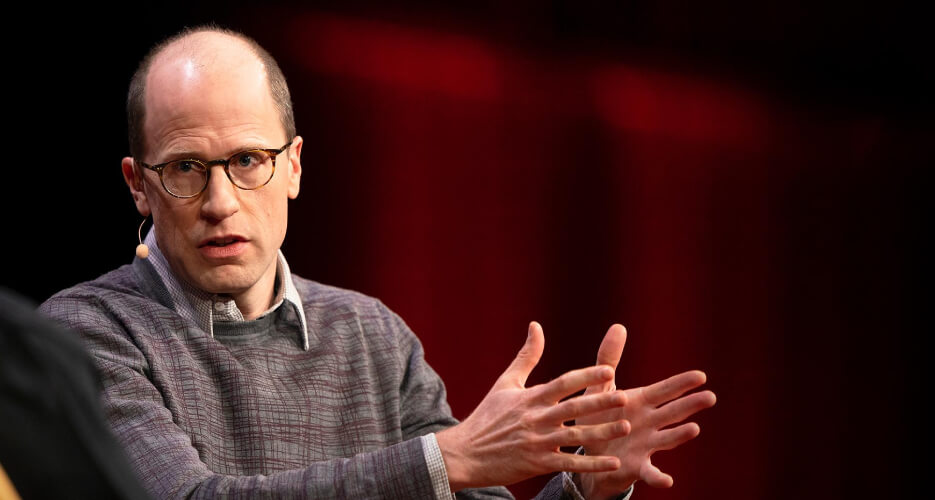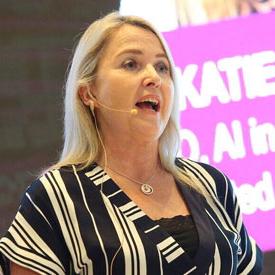Swedish-born philosopher, Nick Bostrom, is an award-winning thought leader in the artificial intelligence and technology sector, exploring the existential problems that AI creates for humanity. Despite not enjoying school, Nick had a breakthrough in his late teenage years, that brought on his desire to study and become a philosopher. He earned his degrees in mathematics, logic and artificial intelligence at the University of Gothenburg, where he also got his Masters’ degree in philosophy and physics. He then moved to England, where he gained a further Masters’ degree in computational neuroscience from Kings College London and a PHD in philosophy from London School of Economics.
Nick’s current focus is what the future holds for humanity; in 2006, he became the founding director of the Future of Humanity Institute at the University of Oxford. He and his team look at campaigning for legislation to accelerate the development of technology to benefit humanity, but at the same time, stifle the progress of damaging and dangerous technology. This technology consists of that which involves robots or artificial intelligence gaining the ability to improve themselves and exceed the abilities of the human brain – what Nick calls an ‘intelligence explosion’.
While many experts challenge Nick, he is a highly respected professor in his field with extensive knowledge on the subject. Amongst his 200 publications, most significant is his book that made it into the New York Times Best-seller list, ‘Superintelligence: Paths, Dangers and Strategies’. The book covers Nick’s thoughts and theories, and has been promoted by heavyweights of the science and technology world, including Professor Steven Hawking and Bill Gates. Nick has been ranked in FP’s Top 100 Global Thinkers twice, and Prospect’s Top World Thinkers List, in which he was the youngest person in the top 15, and the highest-ranked analytical philosopher. Although he has been titled as the Doomsday philosopher, Nick insists he is also excited about the promise of machine intelligence. His concerns lie with our current inability to tame these intelligent machines.









